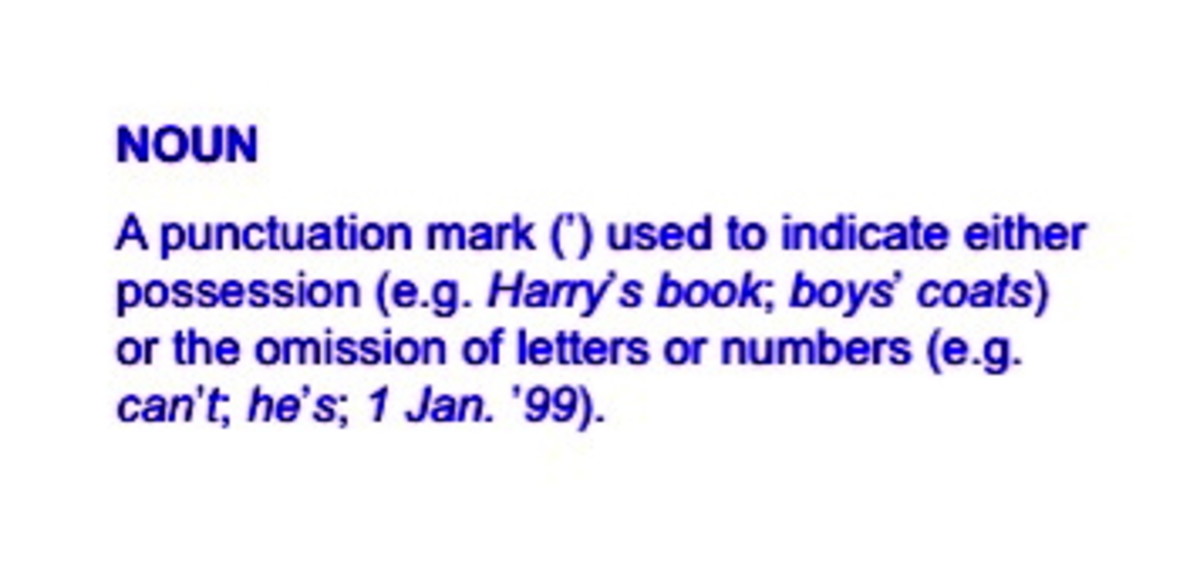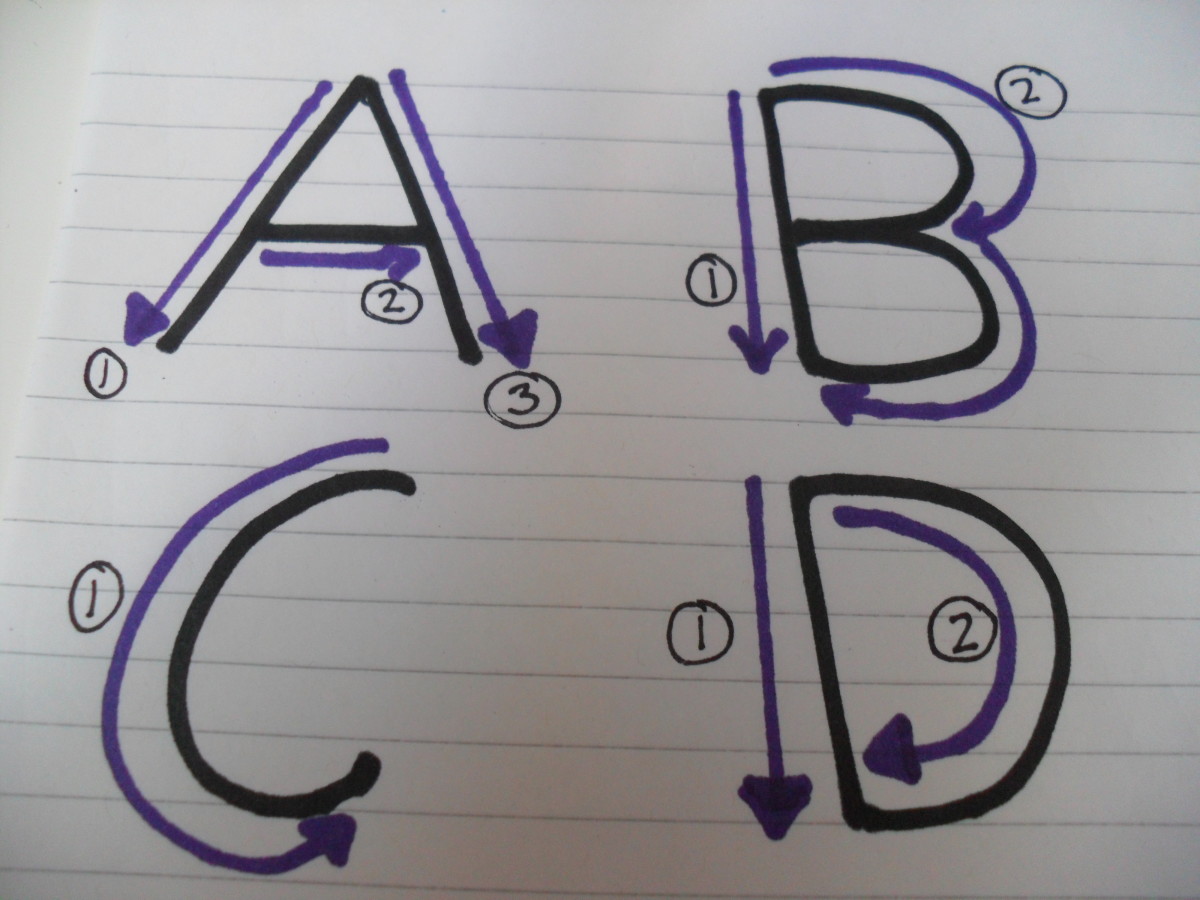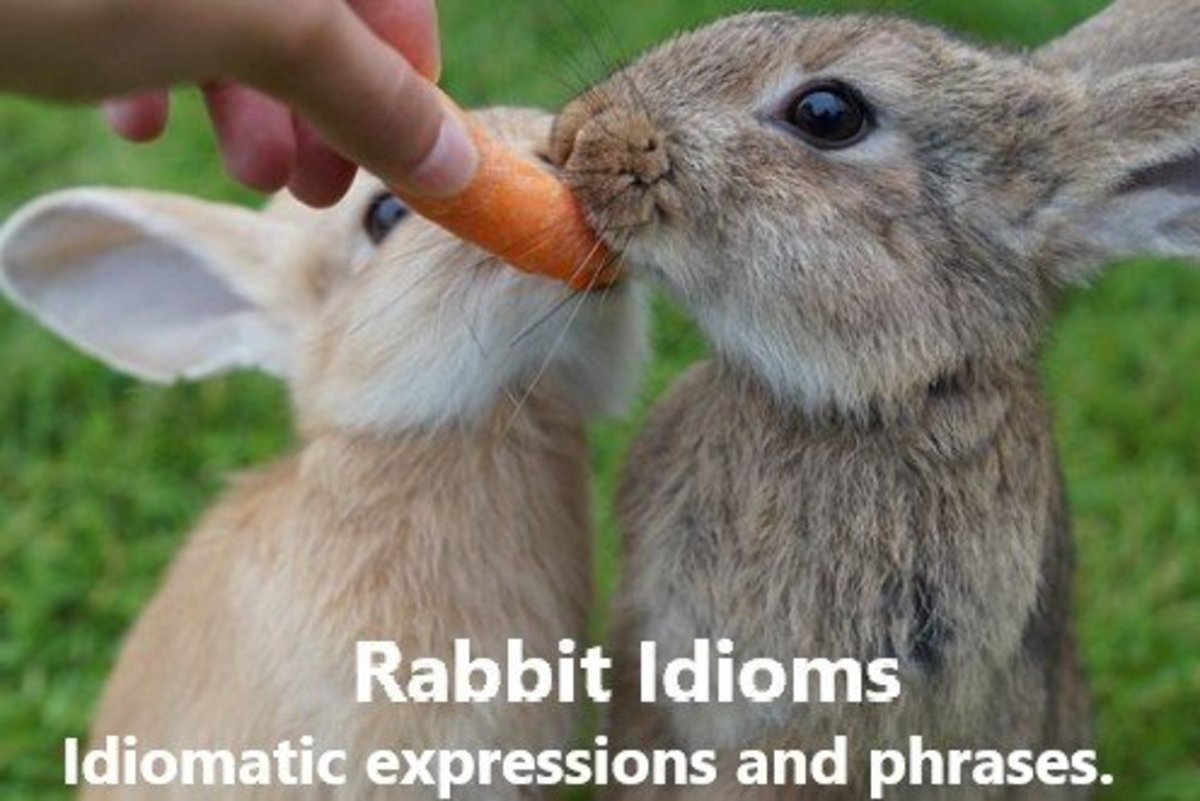Letters Rr to Ww Vocabulary Mistakes that Bedevil English Speakers and Learners

10 Common Vocabulary Errors in Letters Rr to Ww
English vocabulary is rich in words that can be quite confusing for learners of English as a Second Language and native users of the English language.
Yes, there are lots of English words that are pronounced and/or spelled the same way but have different meanings.
While a perfect English vocabulary might be difficult to have, it is still possible to avoid common vocabulary mistakes and choose appropriate English words.
Below is a list of ten common errors in English words that start from letters Rr to Ww.
1. Reign versus Rein
A reign is a ruler or a monarch’s tenure as a leader. A rein is a strap or a bridle used to restrain or harness something.
Example:
Wrong: The queen has the longest rein of all monarchs. She sat on the throne for 80 years.
Right: The queen has the longest reign of all monarchs. She sat on the throne for 80 years.
3. Reticent versus Reluctant
Somebody is reticent if he or she is uncommunicative or restrained in his or her words. Somebody is reluctant if he or she is unwilling or disinclined to do something.
Example:
Wrong: There’s nothing much we can do to make her talk. She is reticent to say a word since the accident.
Right: There’s nothing much we can do to make her talk. She is reluctant to say a word since the accident.
2. Repulse versus Repel
To repulse means to fend off or keep something at bay. To repel means to make someone feel sick or disgusted.
Example:
Wrong: That’s it! His harsh words repulsed me.
Right: That’s it! His harsh words repelled me.
4. Sensual versus Sensuous
The word sensual refers to sexual delight or satisfaction. The word sensuous refers to pleasures of the senses.
Example:
Wrong: Her outfit is definitely sensuous. It is in bold red color and hugs her in all the right places.
Right: Her outfit is definitely sensual. It is in bold red color and hugs her in all the right places.
5. Stationary versus Stationery
Someone is stationary if he or she is not moving.
Anyone can use stationery for writing letters or notes.
Example:
Wrong: The guard is at the outpost. He’s stationery there for seven straight hours each day.
Right: The guard is at the outpost. He’s stationary there for seven straight hours each day.
6. Subsequently versus Consequently
Subsequently is an adverb that indicates what comes next or afterward. Consequently is another adverb. It indicates something that comes as a result of another thing.
Example:
Wrong: They had a heart-to-heart talk. Subsequently, they’re engaged… again!
Right: They had a heart-to-heart talk. Consequently, they’re engaged… again!
7. Turbid versus Turgid
Turbid is an adjective that means opaque, thick, or muddy. Turgid is another adjective that means swollen with pride, self-important, or pompous.
Example:
Wrong: We can’t go fishing here. The water is turgid. No fish can swim here.
Right: We can’t go fishing here. The water is turbid. No fish can swim here.
8. Unaware versus Unawares
Unaware is the correct adjective to use when describing somebody who is oblivious to something that is about to happen. Unawares is the adjective to use when describing somebody caught by surprise.
Example:
Wrong: Unaware, the bride cried as her groom and an orchestra serenaded her in front of their 200 wedding guests.
Right: Unawares, the bride cried as her groom and an orchestra serenaded her in front of their 200 wedding guests.
9. Venal versus Venial
A person is venal if he or she can be bribed. An offense is venial if it can still be forgiven.
Example:
Wrong: Really, it’s a petty crime that can be settled out of court. It’s venal.
Right: Really, it’s a petty crime that can be settled out of court. It’s venial.
10. Who versus Which
The word who refers to a person while the word which refers to a thing.
Example:
Wrong: She’s a sought-after make-up artist, which generously shoots free how-to makeup videos for all women to see.
Right: She’s a sought-after make-up artist, who generously shoots free how-to makeup videos for all women to see.
Copyright © 2011 Kerlyn Bautista
All Rights Reserved







